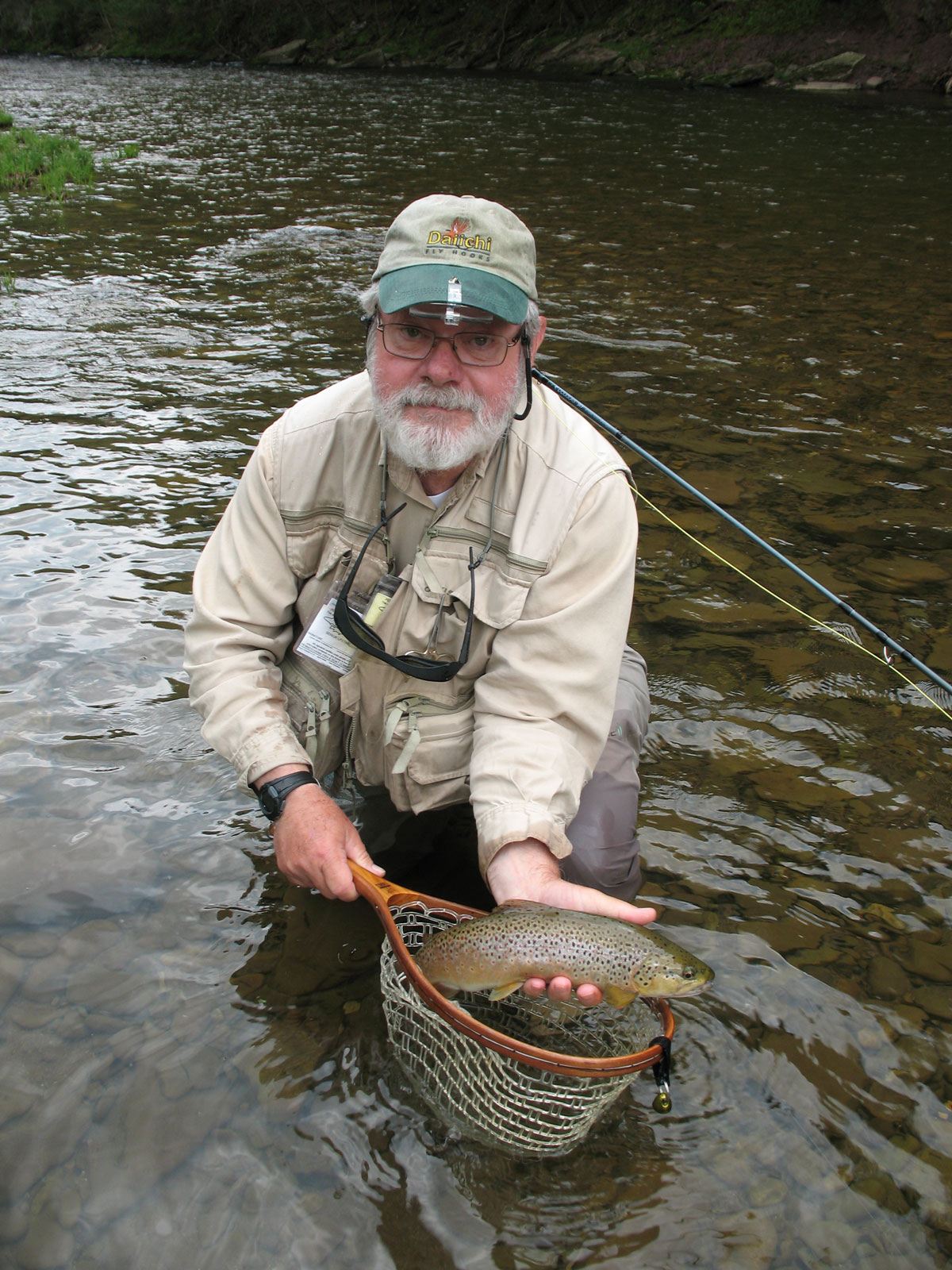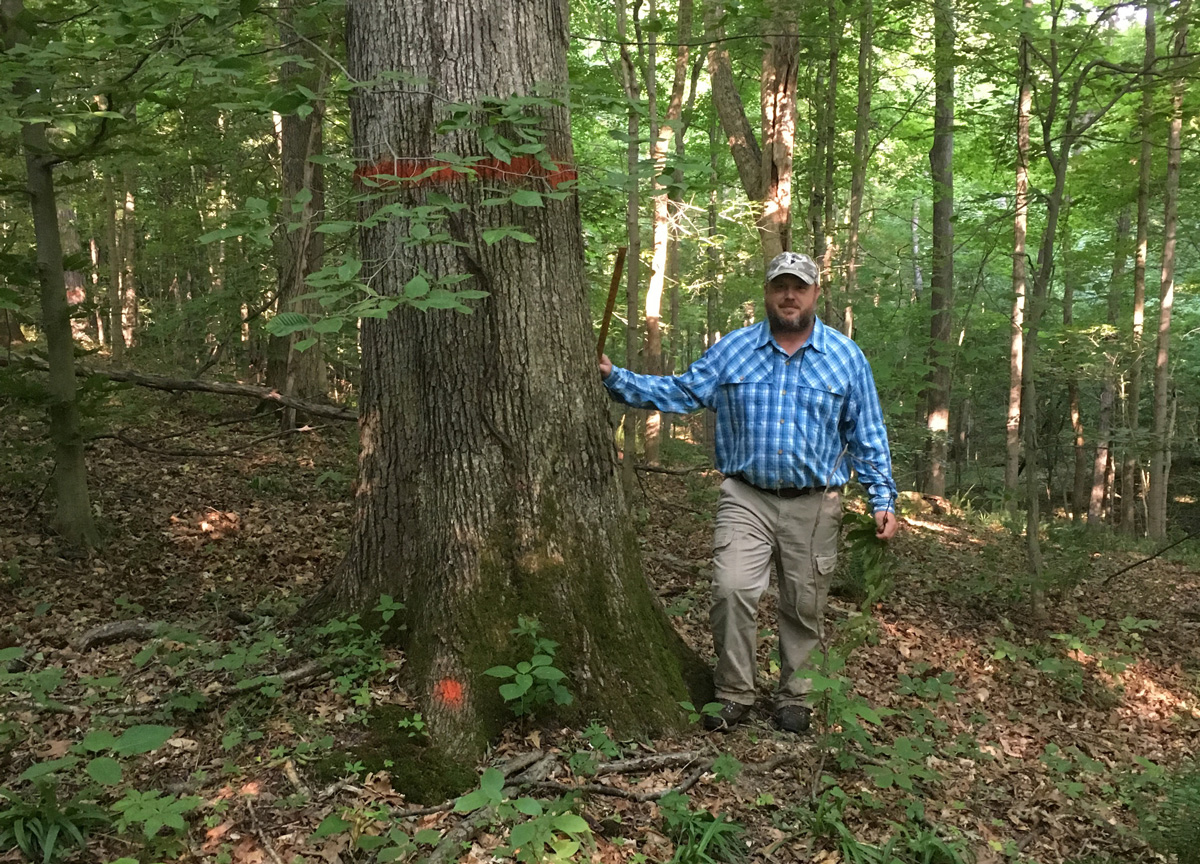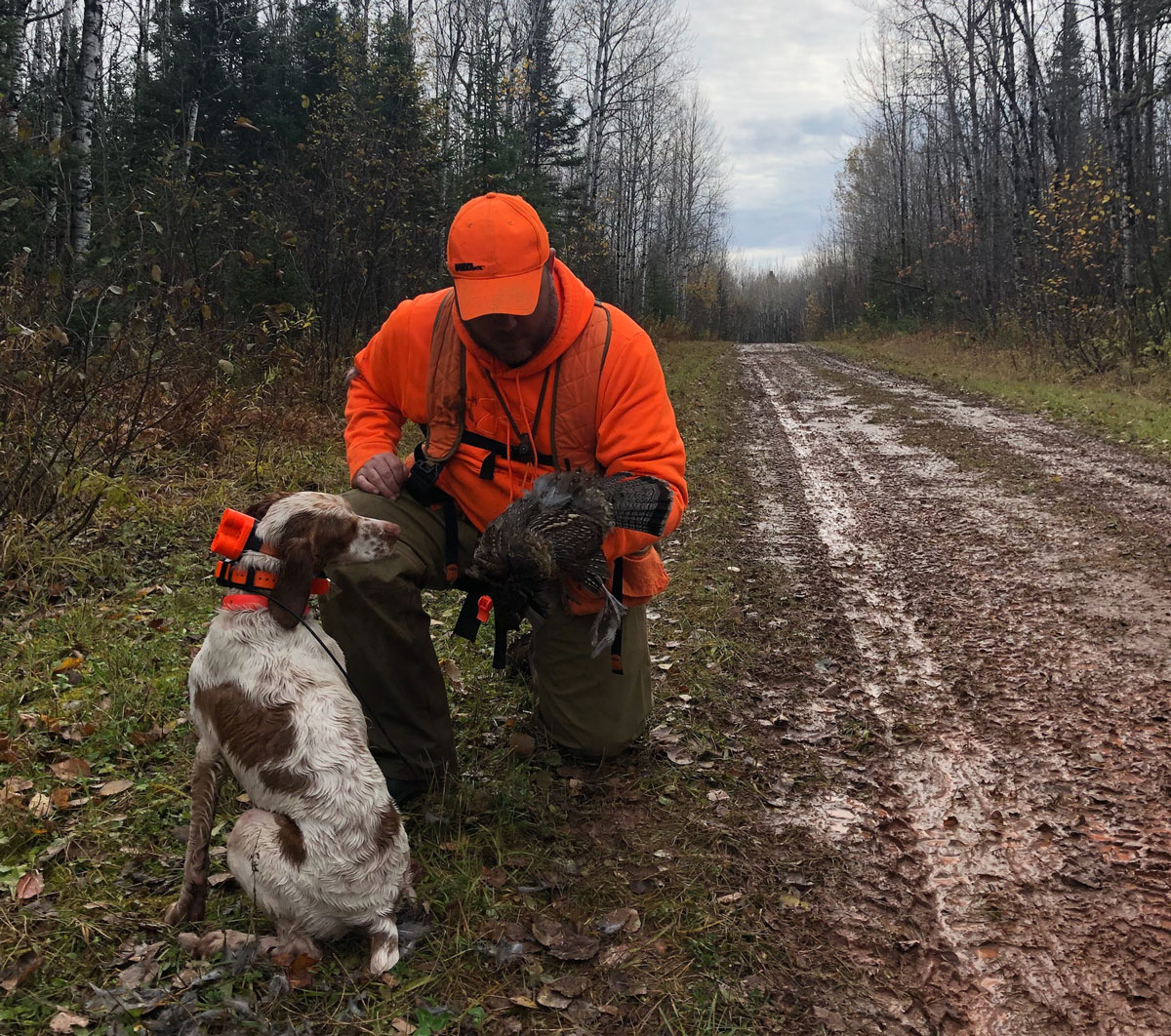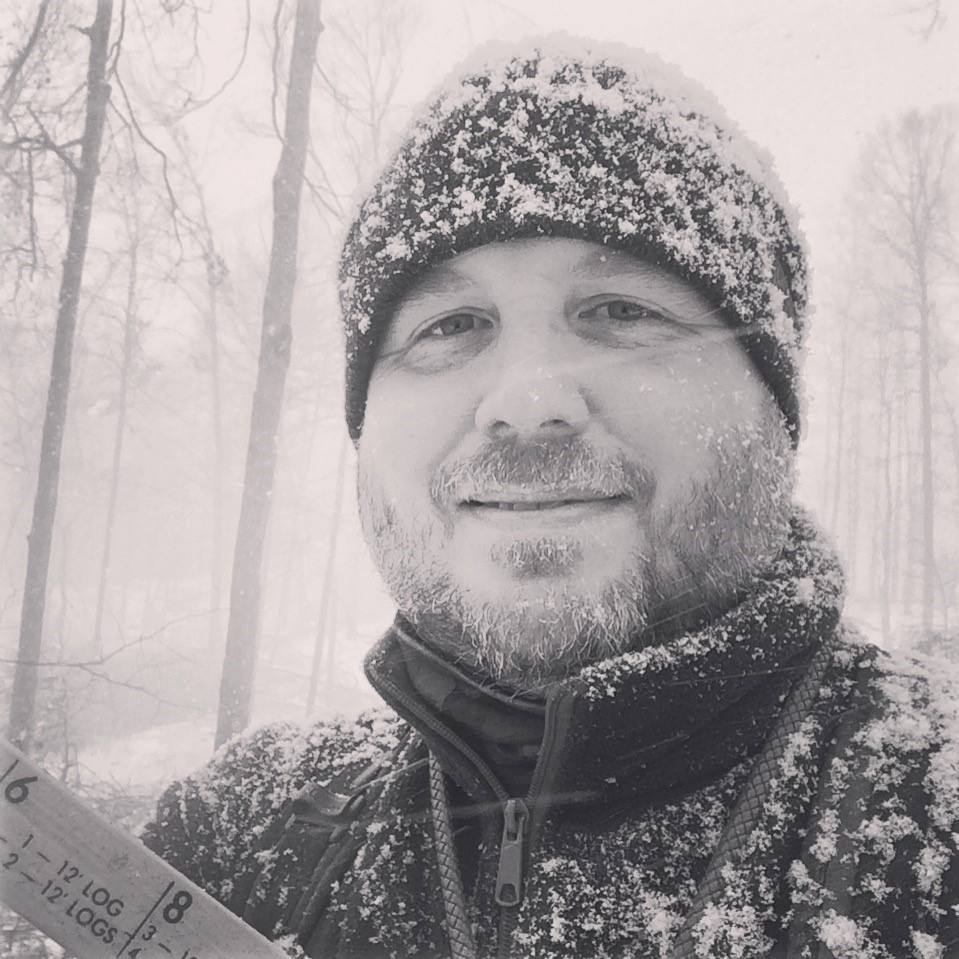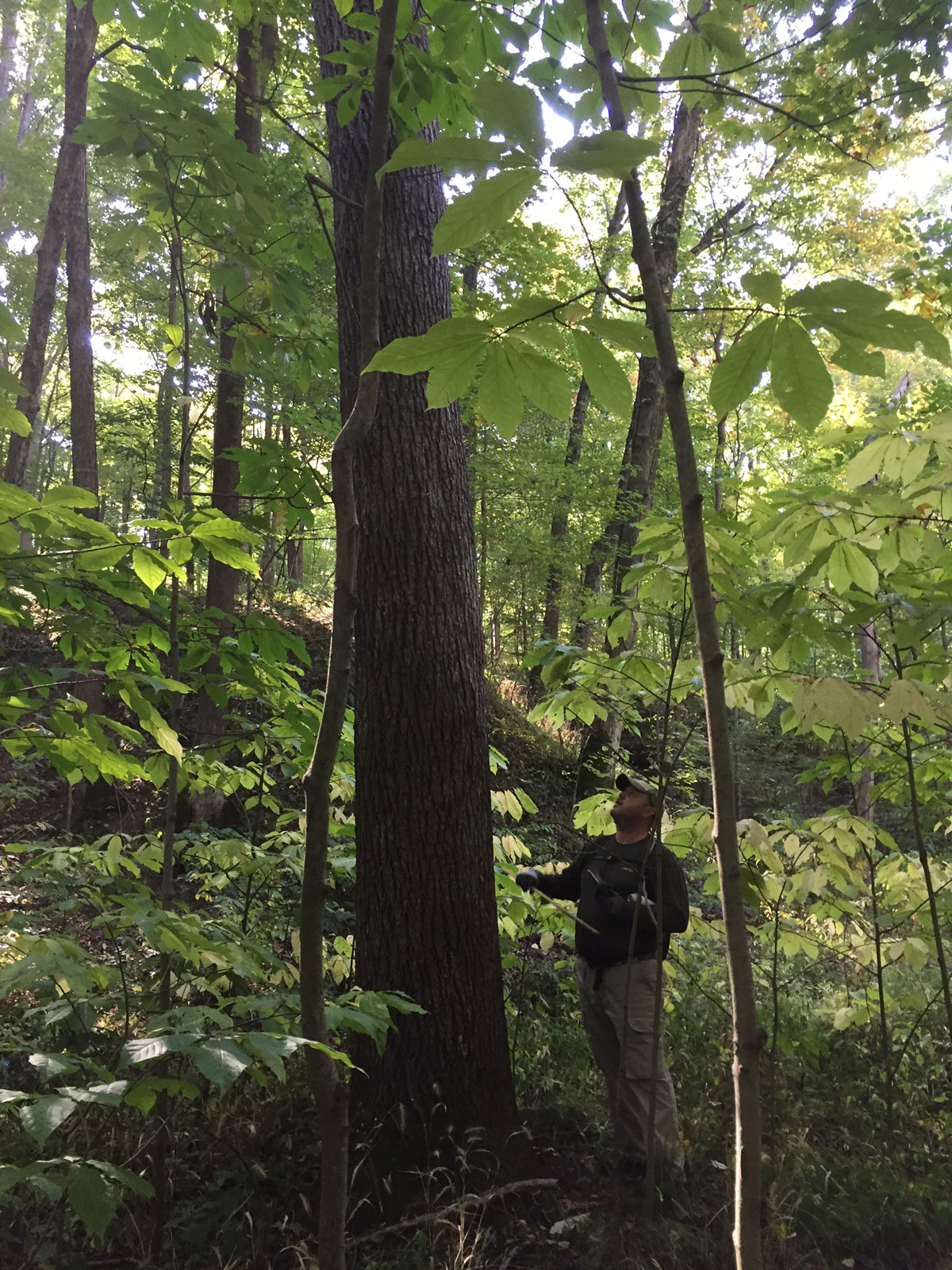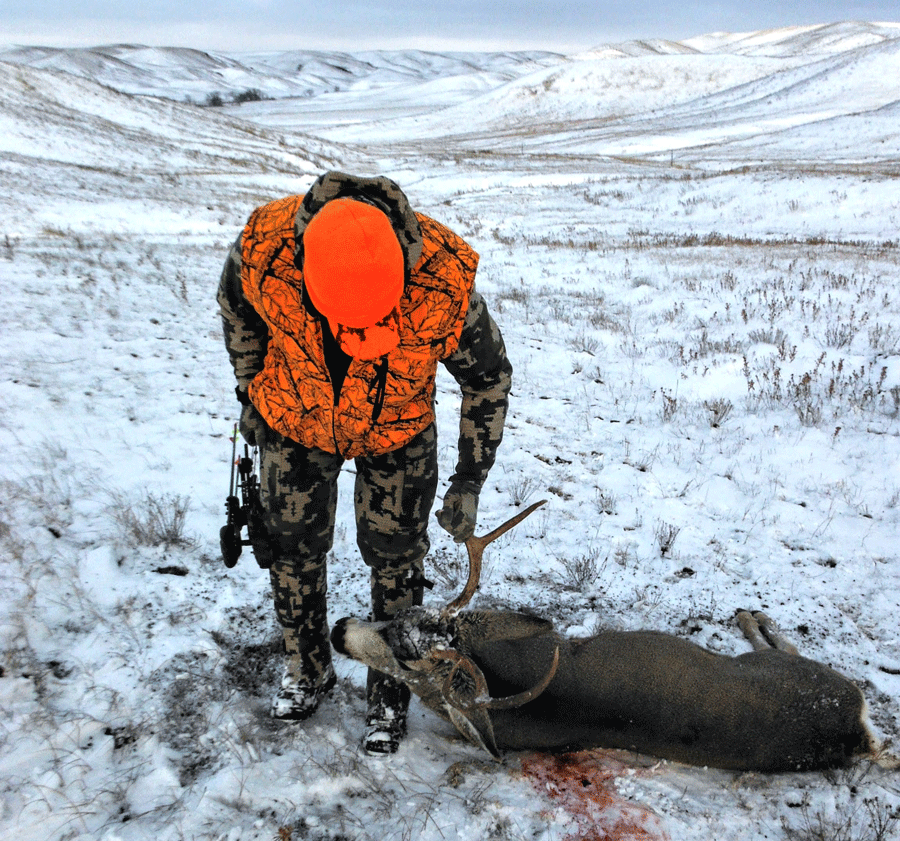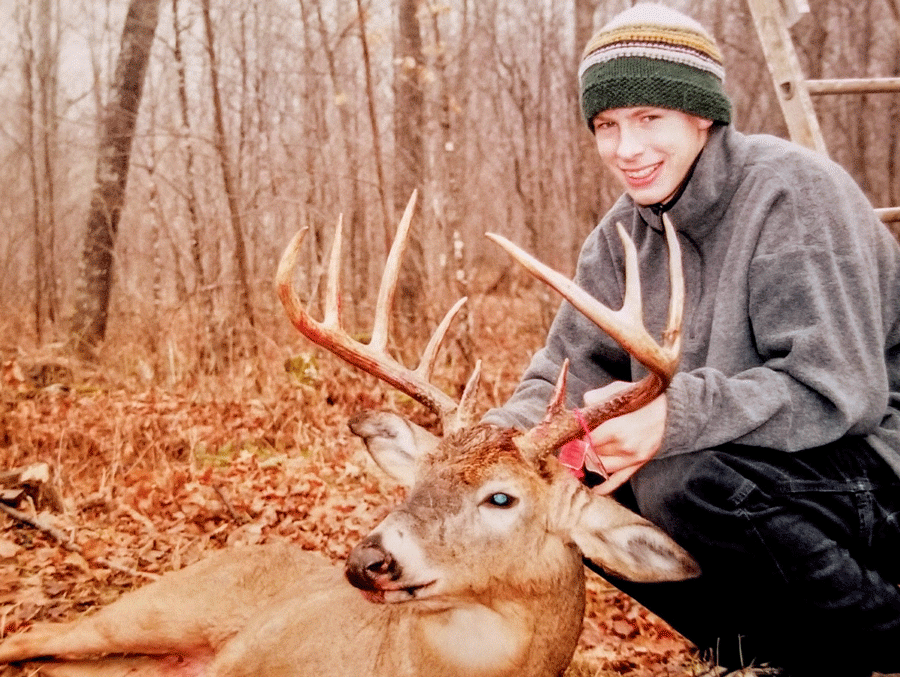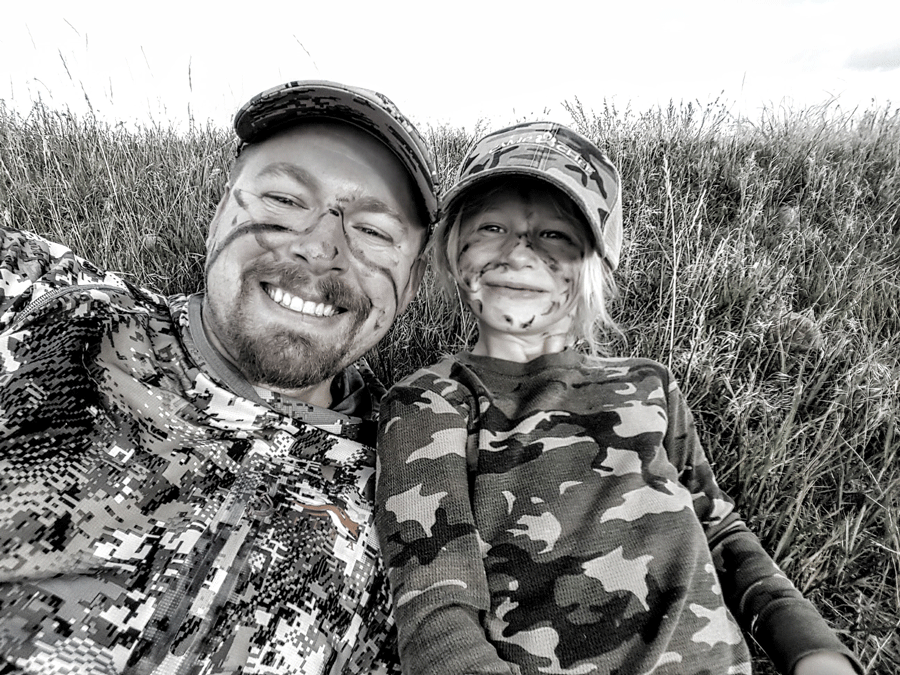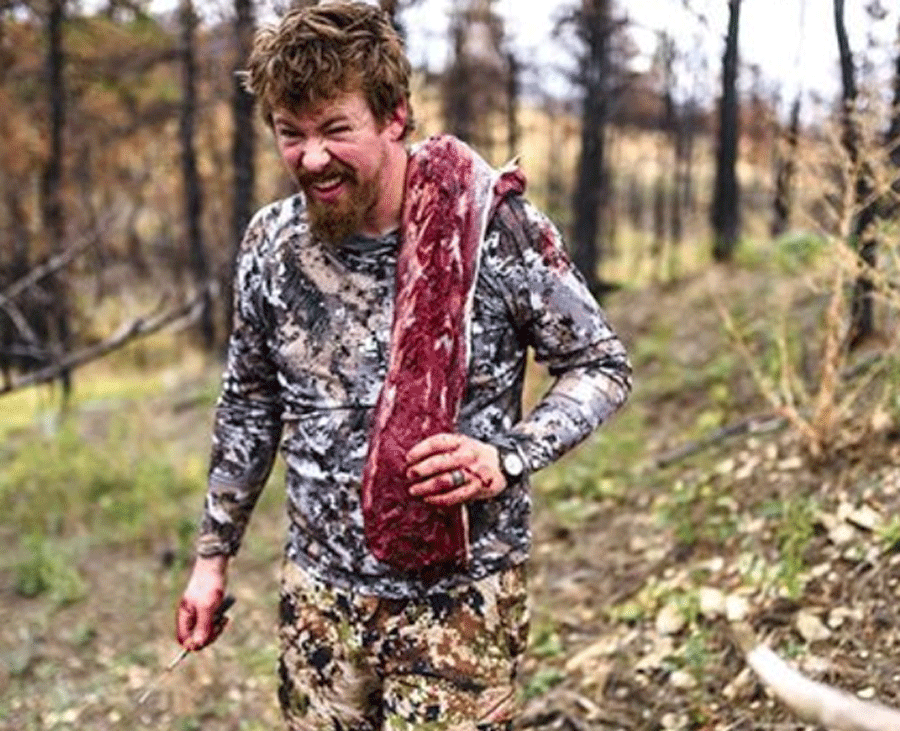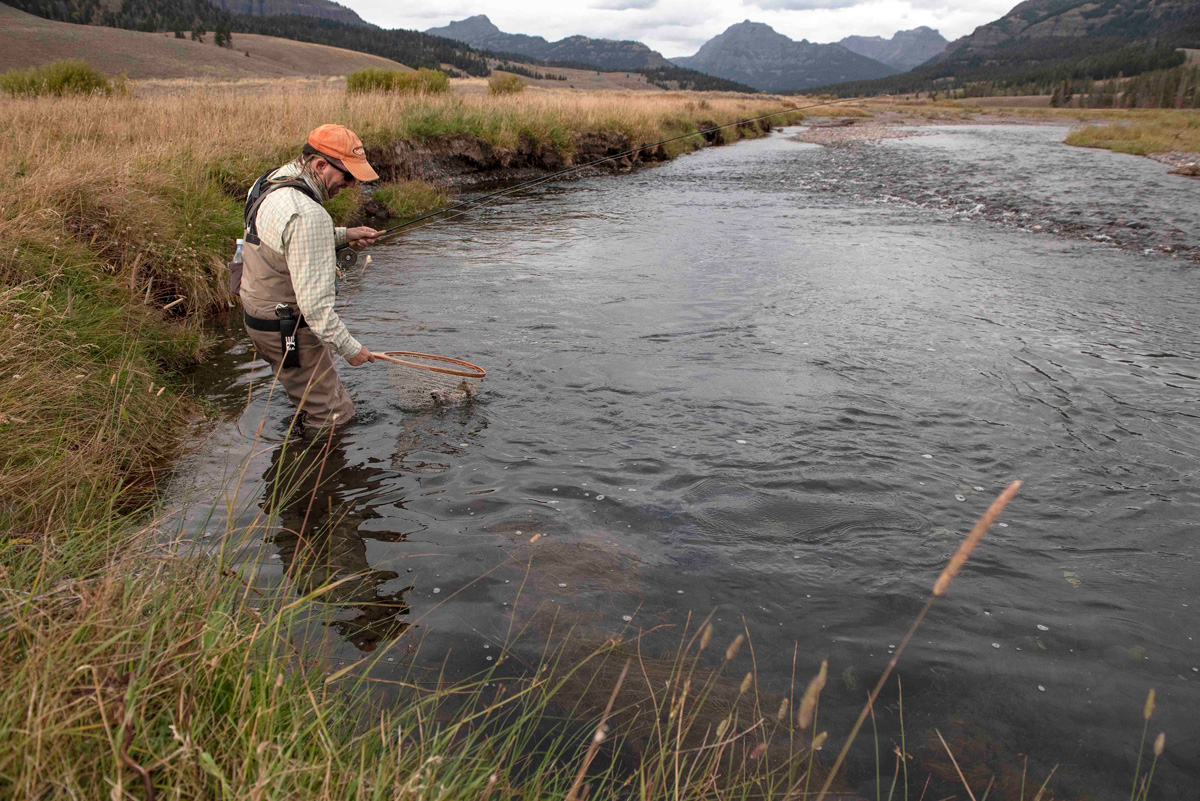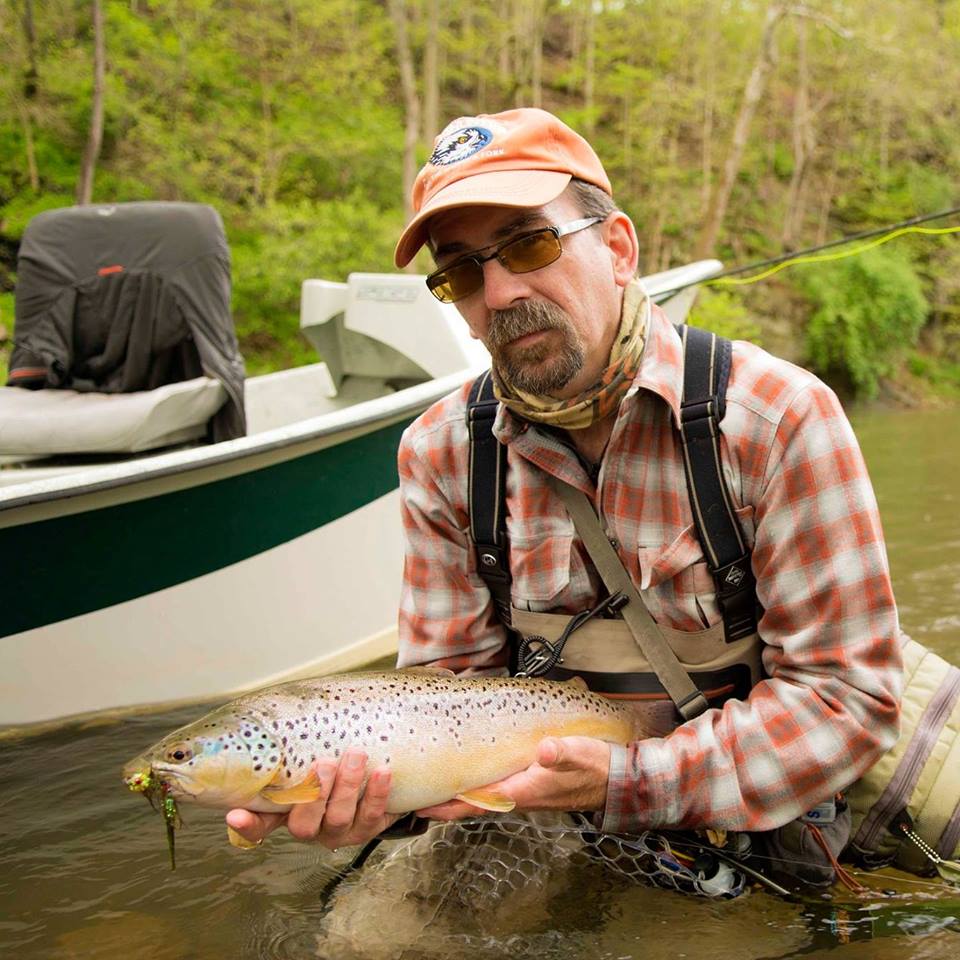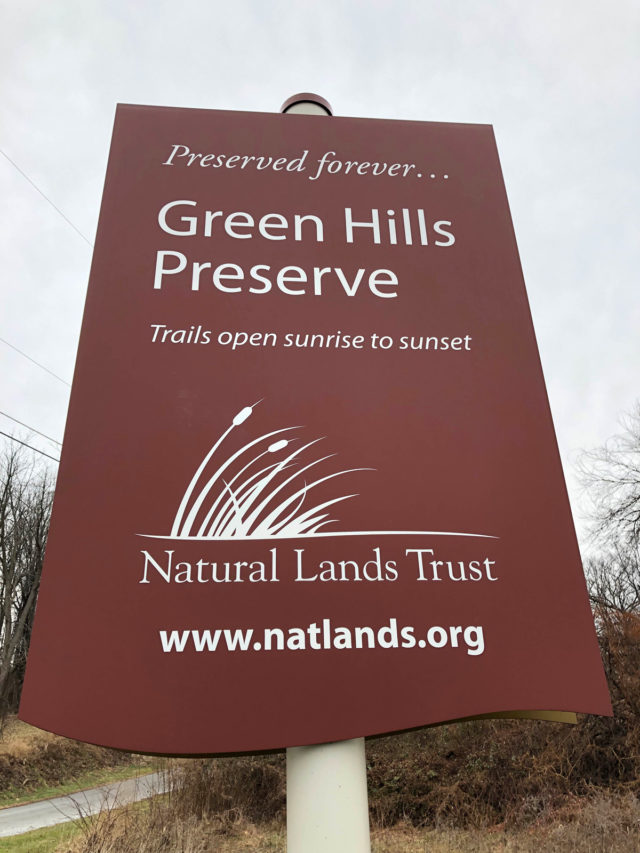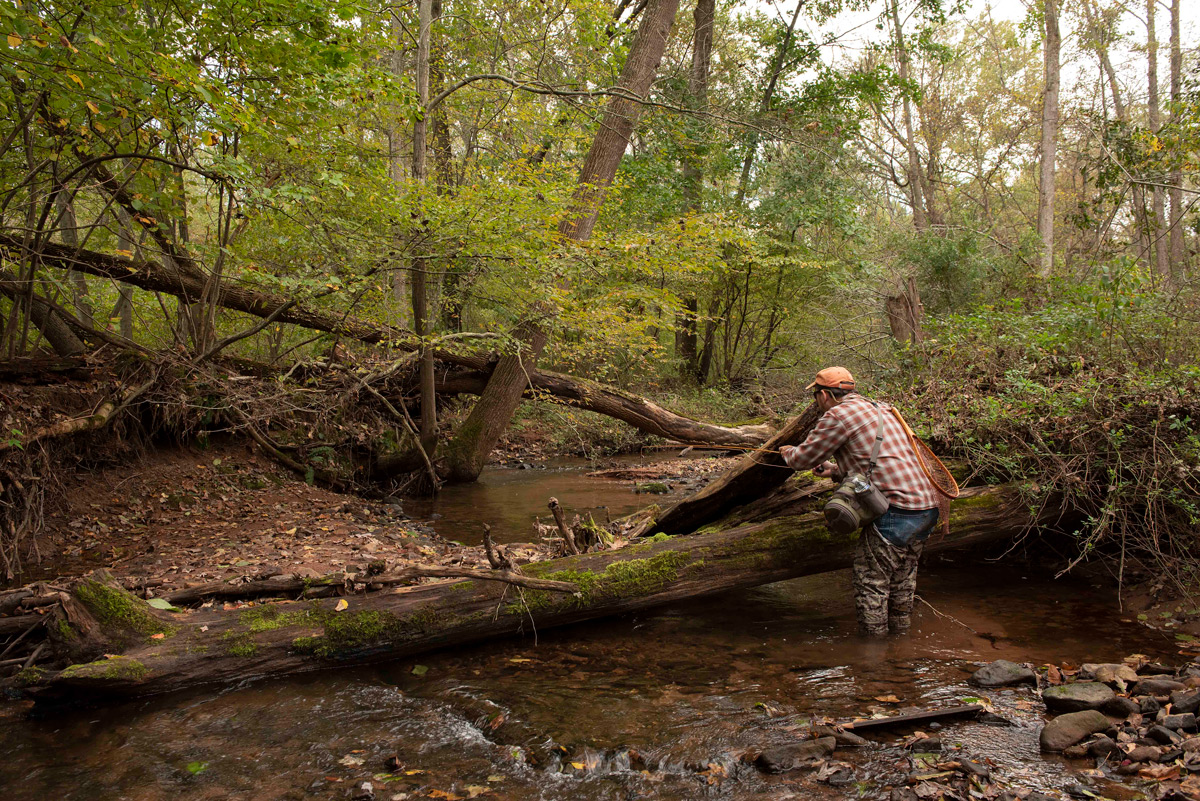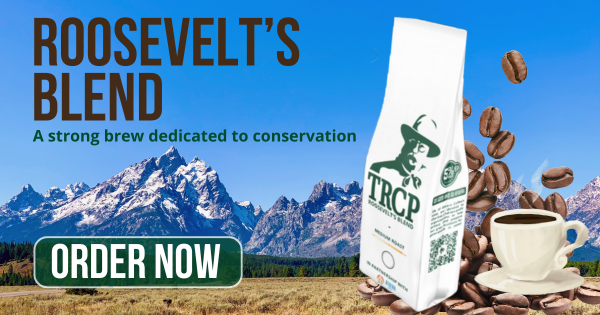TRCP’s “In the Arena” series highlights the individual voices of hunters and anglers who, as Theodore Roosevelt so famously said, strive valiantly in the worthy cause of conservation
George and Amidea Daniel
Hometown: Beech Creek, Pennsylvania
Occupation: George – Flyfishing guide instructor
Amidea – Educational specialist for the PA Fish and Boat Commission
Conservation credentials: Spreading the gospel of flyfishing, the mental health benefits of the outdoors, and bringing balance to areas where a growing populations puts extra demands on water resources.
These high-school sweethearts have been married for nearly 18 years, but their commitment to the outdoors runs just as deep. George says flyfishing is his life, and he spends close to 280 days on the water, while also serving as a coach for the U.S. Youth Flyfishing Team. In her work, Amidea leads a statewide initiative designed to promote and encourage more women to take up fishing. Oh, and that’s when they’re not busy raising two little water bugs of their own.
Here is their story.
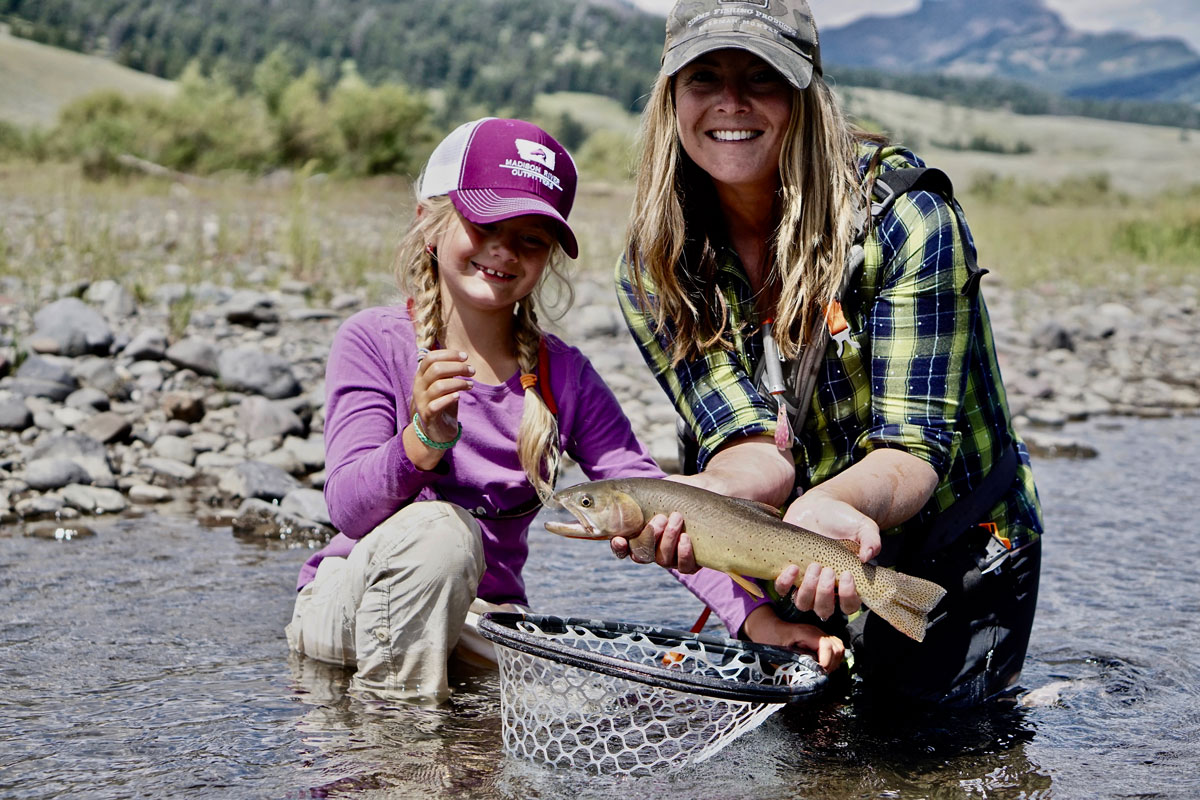
George was born in Potter County, along the headwaters of Kettle Creek and started flyfishing at the age of six. Amidea was introduced to the outdoors by her father, who would take her and her brother out on camping trips at a very early age. So, both of us found a connection to the outdoors early on, which is why we spend so much time with our two children in the same capacity.
Collectively, our family has floated hundreds, maybe even a thousand miles, on our FlyCraft boats—in PA and throughout the country—especially when we first started taking our children fishing. It can be challenging and sometimes dangerous for a 5-year-old to wade, so our boats have taken us to waters they wouldn’t have been physically able to stand in.
One of our fondest memories is of taking our two children to Montana for the first time. We spent four full weeks exploring Yellowstone National Park and the surrounding areas, and from sun up to sundown, we were outside. The expressions on our kids’ faces as we drove through the park and witnessed all the wildlife and beautiful scenery is something we’ll never forget.
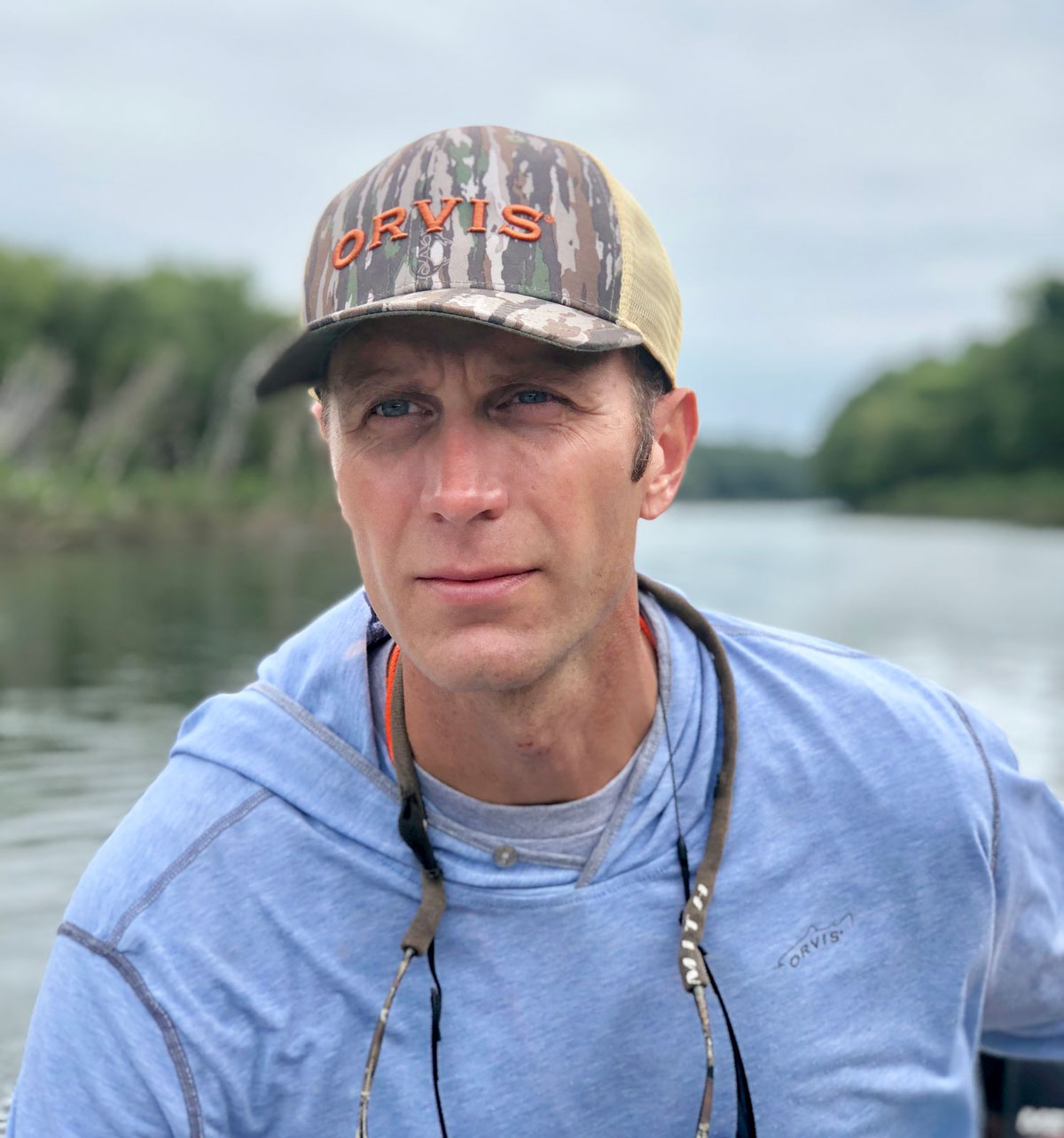
There’s a reason why we still live in central PA—it offers almost everything an angler could want. From freestone streams to legendary limestone rivers to the recovering West Branch of the Susquehanna, we have all our bases covered. Plus, we have so many miles of fishable water within a 30- to 90-minute drive from our home.
Clean water means everything in what we do. Trout, obviously one of our favorite species, demand high-quality water conditions, and without clean water, our angling opportunities would be reduced to a fraction of what we currently enjoy.
Most of our family activities revolve around the outdoors, and not having clean water and natural areas to access would have a negative impact on our lives. Technology and our smartphones can be wonderful, but we notice a difference in our mental health when we haven’t been outside for several days, either to walk, hike, float, or fish.
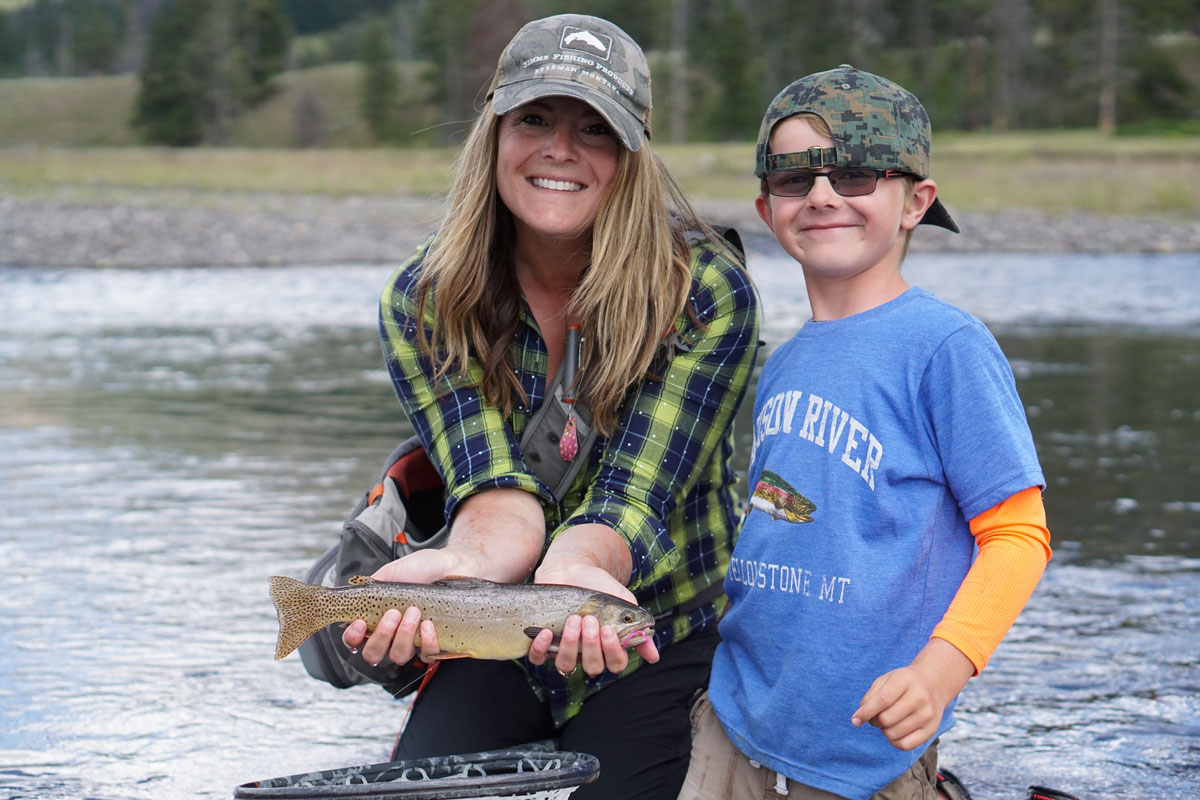
Numerous studies have shown the positive impacts of spending even 20 minutes in a natural environment. So, not only is conservation important to our planet, but we also feel it is imperative to Americans’ mental health and wellbeing.
In our area, development and urban sprawl are major concerns, especially because some of the aquifers that feed our limestone streams are also being tapped for drinking water. This may not be significant now, but eventually we may meet a threshold where we begin to see it having an obvious effect on our streams and water table.
Establishing a healthy balance, whether that’s between our indoor and outdoor lives or between increasing demands on our water resources, is crucial to the future of fishing and our family’s traditions.
Do you know someone “In the Arena” who should be featured here? Email info@trcp.org for a questionnaire.

